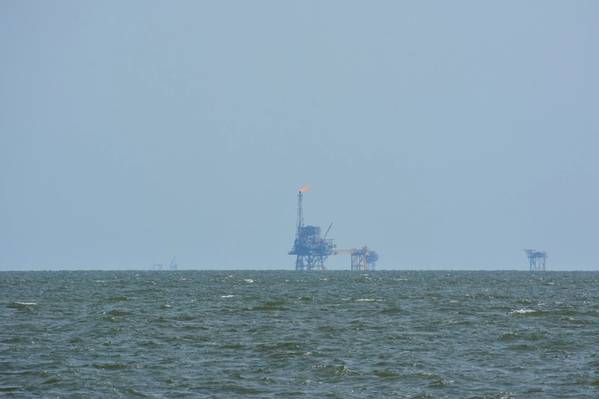
The American Gulf of Mexico is home to impressive industry and even more incredible beauty. Every day, fishermen, conservationists, tour guides, canal and port dredgers, offshore oil and gas workers and countless others go to work in and around the Gulf of Mexico. What links them together is a passion to safely do their jobs in a way that strengthens the Gulf Coast’s natural resources.
When candidates and elected officials advocate for “no more drilling, including offshore,” they are ignoring the reality that safety and environment stewardship are core values for every Gulf of Mexico stakeholder, especially for the offshore oil and gas industry. Every type of company, whether they are an oil producer or a supply or service company, publicly traded or privately owned, has prioritized worker safety and environmental sustainability.
American innovates like few other countries can. In the Gulf of Mexico, companies are investing billions of dollars in satellite technologies, augmented reality, and artificial intelligence. Real-time data providing unprecedented detail flows to engineering experts offshore and onshore. Thanks to better information and predictive decision making, workers can spot issues before they have a chance to become problems keeping the Gulf of Mexico safe for all stakeholders. Not only do these innovations improve safety and production the Gulf of Mexico, they are incredible American technological exports which benefit energy consumers around the world.
If called upon, industry-wide containment consortiums such as HWCG LLC and Marine Well Containment Corporation (MWCC) provide access to equipment and services such as capping stacks and other containment technologies to rapidly and comprehensively respond to incidents. This summer, Trendsetter Engineering announced a new rapid intervention system which can be used for routine well services or emergency response, and is suited for quick mobilization and integration on almost any offshore rig. Safety engineering is continuously evolving.
While some of the most eye-catching offshore safety equipment can be room-filling engineering marvels, tools at a much smaller level can also be effective. Engineering advances allow responders to apply subsea dispersants directly at the source of an oil spill.
Dispersant injections break oil into microscopic particles which accelerates the natural degradation by helping oil-consuming microorganisms and naturally occurring marine bacteria. The National Academy of Sciences has found that the use of subsea dispersant injection into the source of flow reduces harmful threats to the health and safety of workers and reduces the potential of impacting sensitive coastal environmental resources. This process improves the working conditions for offshore workers and emergency responders, protects the environment and protects other oceanic uses – such as fishing and tourism – from impacts, and should be readily supported by stakeholders and policymakers.
The figurative offshore energy ecosystem also creates a literal marine ecosystem. Ask any Gulf of Mexico fisherman and they will tell you that oil and gas platforms are home to some of the best fishing you can find. Production platforms become home to marine ecosystems almost the moment they anchor. Ecological synergy in the Gulf of Mexico could not happen without constant dedication to safety and environmental performance.
Offshore oil and gas is an American success story. The companies that make up our offshore industry have developed technologies and created an incredible strategic asset for our nation, while supporting world-class safety and environmental performance. The nearly 2 million barrels of oil safely produced every day in the Gulf of Mexico is produced with a smaller environmental footprint and with a sophisticated backstop of prevention and preparedness tools and procedures. Countries like Russia cannot claim that.
Candidates and elected officials should recognize the irreplaceable service the men and women of our offshore oil and gas industry continue to provide, the manner in which they provide it and the impact good jobs has on prosperity and the quality of life for all of society.